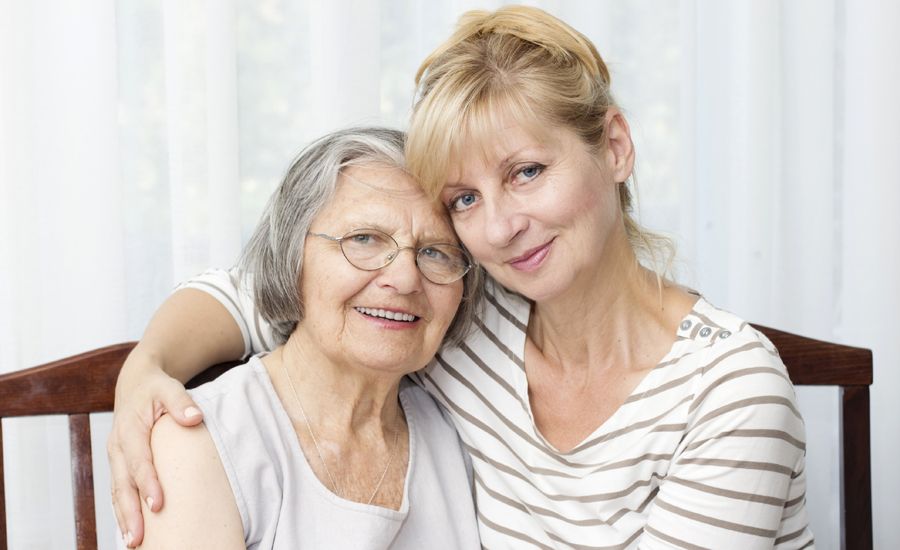Most studies on caregiving have focused on the toll it takes on someone’s physical and psychological well-being. Recently, researchers have been looking into what Sharon Vander Waal discovered in taking care of her husband: the upside of caregiving. In a 2014 National Opinion Research Center (NORC) survey of caregivers age 40 and up, 83 percent said providing care had been a positive experience. The rewards of caregiving come in many forms—psychological, emotional, spiritual, physical and cognitive. Being a caregiver can help you:
Find a new sense of purpose.
Being a caregiver brought such meaning to Sharon’s life that after her husband died, she started working with adults in a respite program. June Lawing, Home Instead Senior Care’s 2015 Caregiver of the Year, can relate to that. “Before working as a caregiver, I would ask myself what my purpose was,” June says. “But now I know—without a doubt—this is my calling, to help seniors.”
Build fulfilling relationships.
Helping someone with day-to-day needs like chores, bathing, taking medication, or companionship brings a special kind of closeness. In the NORC survey, 77 percent of respondents said caregiving “has strengthened their personal relationships with the person they cared for.”
Develop more confidence.
Caregiving is likely to stretch your skill set. Using your skills (and learning new ones) to make a difference in someone else’s life not only feels good, it gives you greater confidence in your abilities.
Maintain physical function.
The results of a 2009 study examining caregiving and physical function among 900 women turned accepted theories of stress and health upside down. Caregivers who helped recipients with more activities of daily living reported more stress yet maintained higher levels of performance than non-caregivers on tests of walking pace, grip strength and the speed with which they could stand up from a chair.
Boost cognitive function.
Just as surprising were the findings of a study on cognitive function with the same group of women. Caregivers did significantly better than non-caregivers of the same age on tests of memory and processing speed. In fact, on memory tests, caregivers scored as if they were 10 years younger. Lead author Rosanna Bertrand, Ph.D., a healthpolicy researcher, notes, “Caregiving often requires complex thought,” which wards off cognitive decline.
To learn more about becoming a professional caregiver, go to homeinstead.com/caregiver.





